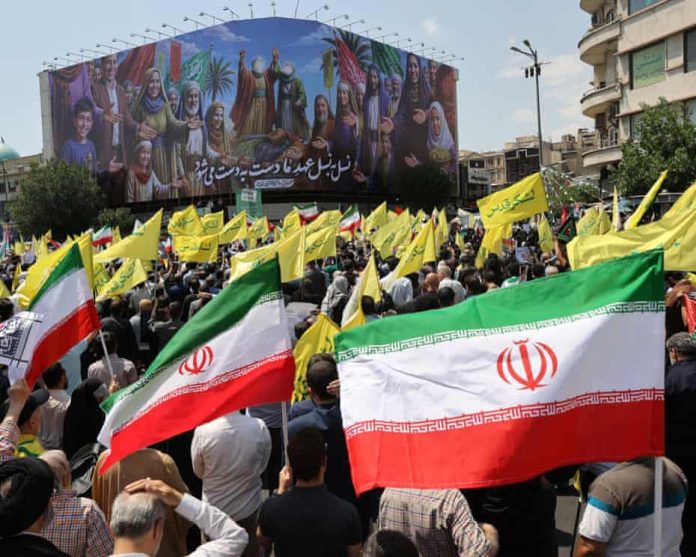Riyadh — Twenty Arab and Islamic nations, led by Saudi Arabia, have jointly condemned the recent Israeli airstrikes on Iran, warning that the escalating conflict threatens to destabilize the entire Middle East, reported the Madhyamam.
In a statement issued after high-level consultations, foreign ministers from countries including Saudi Arabia, Egypt, Turkey, Jordan, the UAE, Pakistan, Bahrain, Iraq, Oman, Kuwait, and Qatar expressed deep concern over Israel’s dawn strikes on Iranian soil. They described the attacks as a “dangerous escalation” and a blatant violation of international law and the United Nations Charter.
The joint statement called for:
An immediate ceasefire to prevent further regional deterioration.
Respect for the sovereignty and territorial integrity of all nations.
Renewal of diplomatic talks regarding Iran’s nuclear program, preferably under international supervision such as the International Atomic Energy Agency (IAEA).
Avoidance of threats to maritime security in the Gulf and Strait of Hormuz.
Adherence to the Non-Proliferation Treaty (NPT) to maintain a nuclear-weapons-free Middle East.
The nations stressed the importance of dialogue and diplomacy over military confrontation and warned that the use of force will only deepen instability in the region.
Israel’s latest strikes, reportedly targeting nuclear facilities and key military positions in Iran, have killed senior Iranian officials and damaged infrastructure. In response, Iran launched a wave of drones and missiles, many of which were intercepted by Israel’s defense systems. The tit-for-tat violence has sparked international concern, particularly among Gulf nations that rely on regional stability for economic and energy security.
Despite their traditionally adversarial stance towards Iran, Gulf states such as Saudi Arabia, the UAE, and Qatar emphasized that further conflict could lead to catastrophic consequences, including disruptions in oil exports and humanitarian crises.
Some Gulf countries are already working behind the scenes to calm tensions. According to diplomatic sources, nations like Oman, Qatar, and Saudi Arabia have reached out to both Tehran and Washington, urging restraint and proposing avenues for dialogue. Reports also indicate that Iran has requested Gulf states to appeal to the United States to pressure Israel into halting further strikes.
The unified response from the Arab-Islamic bloc marks a rare moment of consensus, highlighting a shared interest in avoiding regional warfare and maintaining diplomatic channels even amid deep-rooted rivalries.




